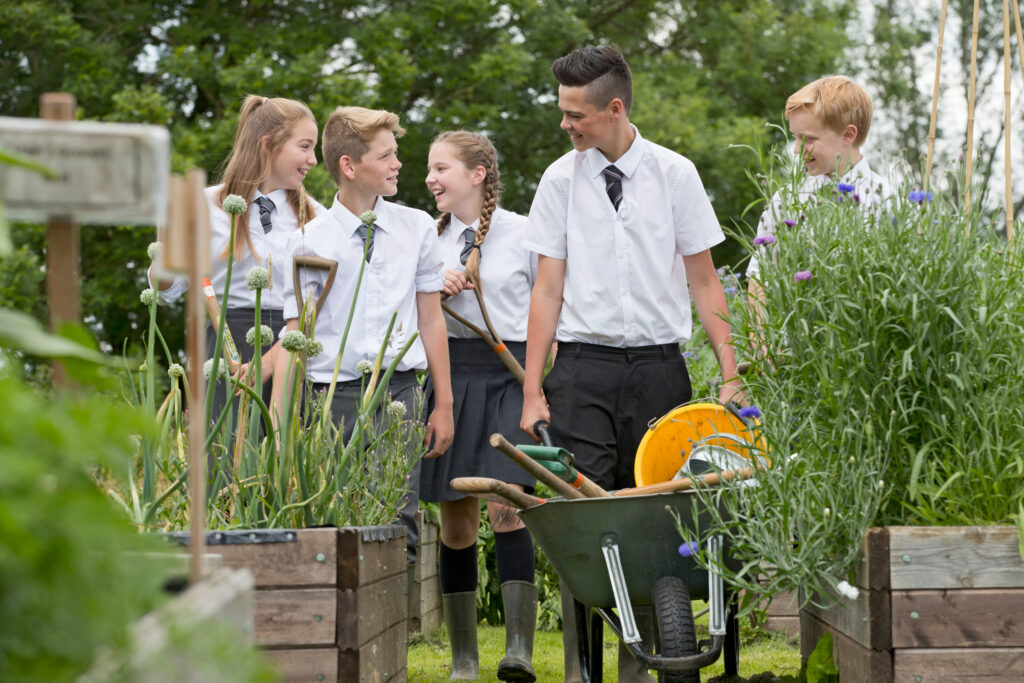OVO FOUNDATION NATURE PRIZE
Applications are closed.

Win up to £1,000 for a great green project at your school!
Let’s Go Zero – the national campaign for zero carbon schools – is helping school staff and students create fantastic, inspirational projects that inspire climate action through a connection to nature.
For a chance of winning, schools just have to tell us how they would use a prize of £1,000 or £200 to bring their students closer to nature. The competition is supported by The OVO Foundation and there are 25 chances to win: 10 prizes of £1000 and 15 prizes of £200.
Projects might involve tree planting, vegetable growing or supporting wildlife on the school grounds, but your school is free to be as creative as it likes. Our judges will be looking for creative and engaging ideas with the power to inspire young people and the wider school community, and are keen to reward projects that benefit less advantaged groups, such as those in underserved areas.
Winning schools will also get the opportunity to share the story of what they are doing, and the impact it is creating.
Find out more about our 2024 winners!
Who can apply?
- Schools, colleges and nurseries across the UK can apply – but entry is not open to independent schools
- Projects must involve students aged 18 and under
- Projects must engage with the wider school community e.g., parents, local community groups or other schools
- We are particularly interested in hearing from schools from less advantaged areas or those in areas more vulnerable to climate impacts
How to apply
- Applications closed.
Our 2023 winners
Our 2024 winners

